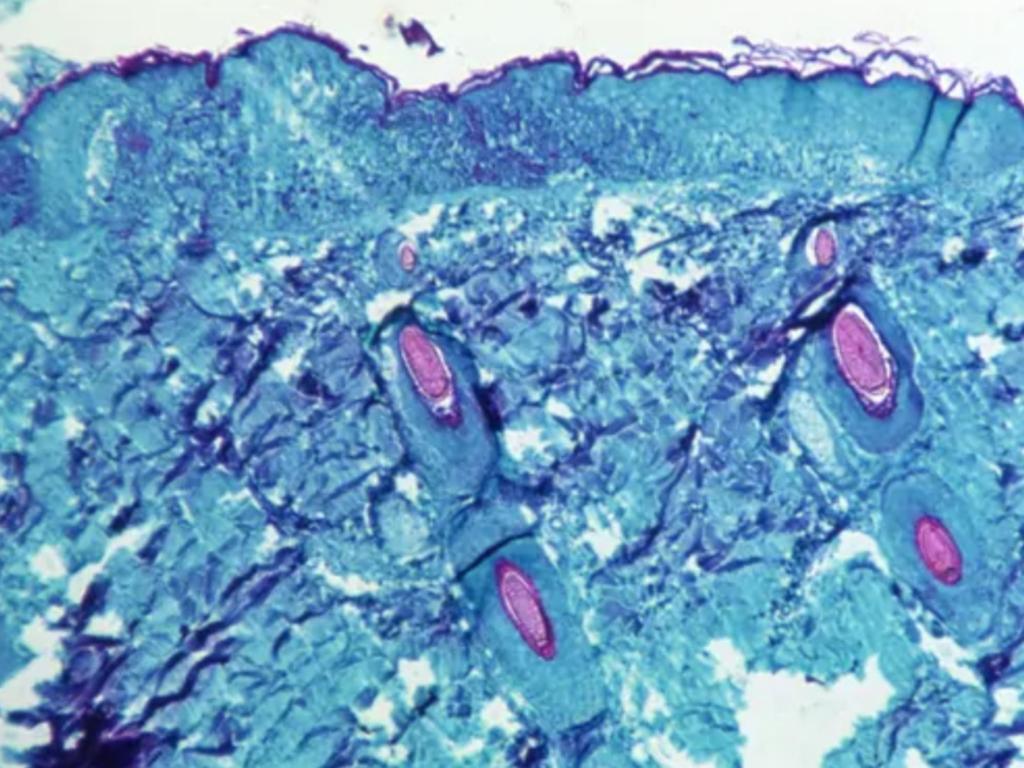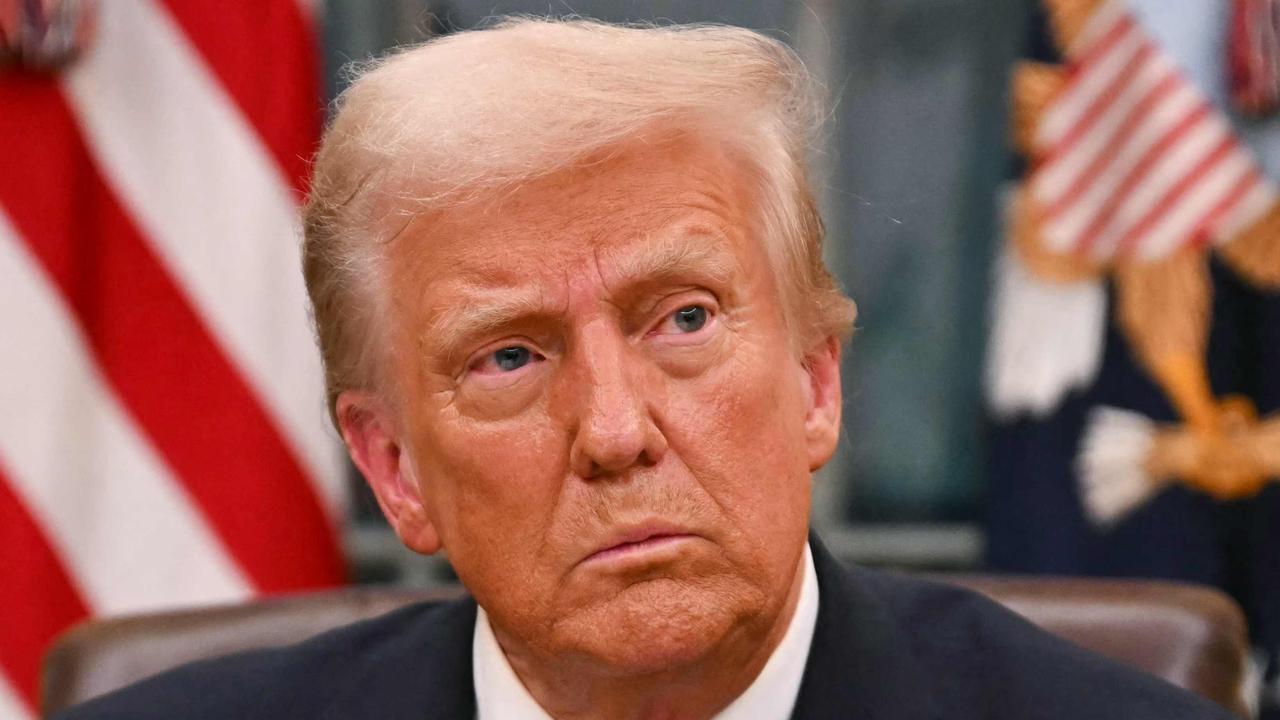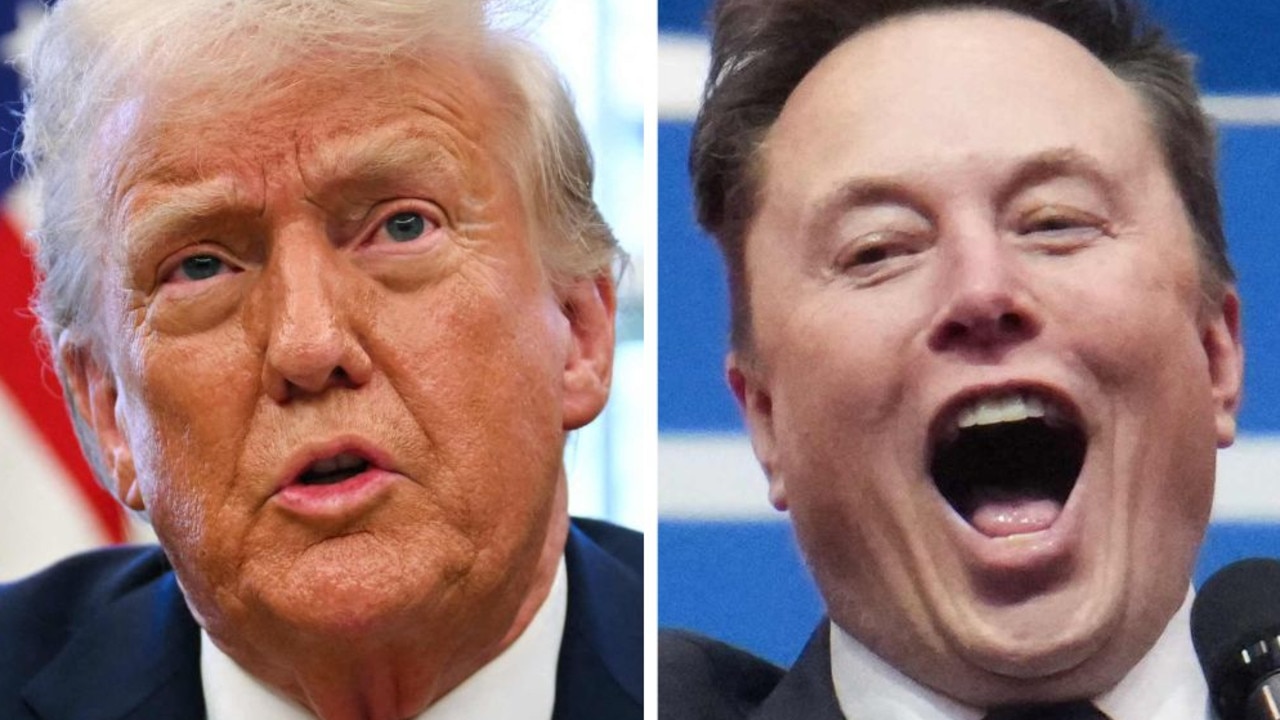Emergency WHO meeting over Monkeypox spread: ‘We should take it seriously’
As monkeypox is confirmed in Australia, the World Health Organisation has held an emergency meeting into the alarming spread of the virus around the world.
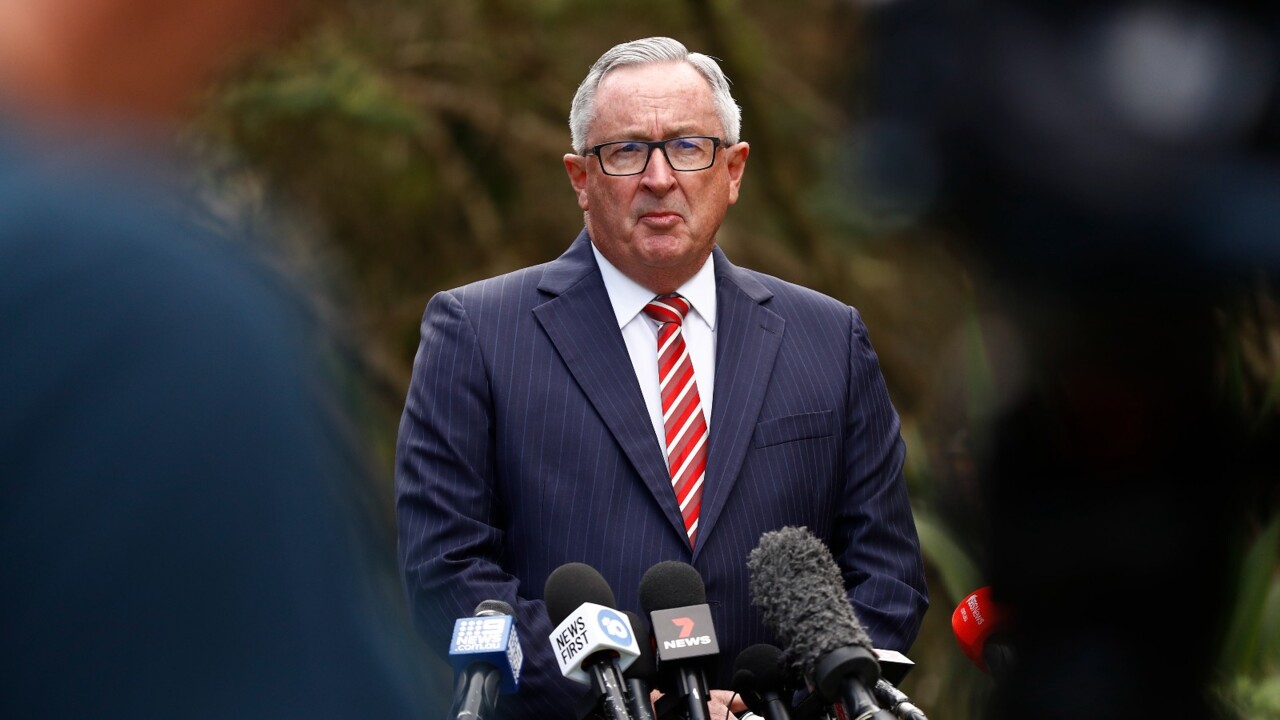
The World Health Organisation is reportedly convening an emergency meeting to discuss the alarming spread of the killer monkeypox virus around the world.
The United Nations’ health authority is bringing together leading experts on the rare disease as a number of new countries announced their first confirmed cases on Friday, according to The Telegraph.
Eleven countries — including Australia, the US, Spain and Italy — have now detected monkeypox, in the first global outbreak of its kind.
Australian authorities are investigating the case of a Victorian man who is in hospital after being diagnosed with monkeypox, and another in NSW who is suspected of being infected.
In the UK, the number of cases of monkeypox doubled on Friday.
The main concern is how the virus — usually concentrated in West Africa — may be spreading, with many of the new cases detected in people who had not recently travelled to Africa.
The WHO will also be examining why clusters include gay and bisexual men, the paper said, with the US Centers for Disease Control and Prevention (CDC), and British and Australian authorities issuing similar warnings.
There are two main strains of monkeypox: the Congo strain, which is more severe – with up to 10 per cent mortality – and the West African strain, which has a fatality rate of about 1 per cent.
The rare disease often manifests itself through fever, muscle aches, swollen lymph nodes, chills, exhaustion and a chickenpox-like rash on the hands and face.
It can be transmitted through contact with skin lesions and droplets of a contaminated person, as well as through shared items such as bedding and towels.
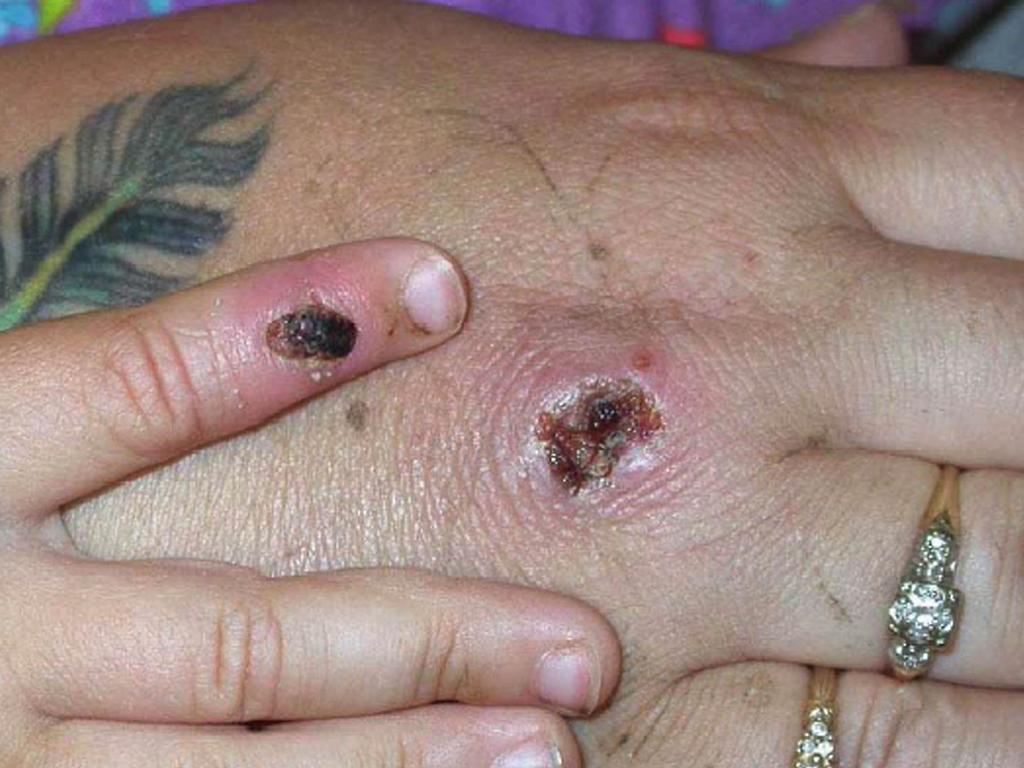
Monkeypox spreads around the world
The first European case was confirmed on May 7 in an individual who returned to England from Nigeria, where monkeypox is endemic. Since then, cases have also been confirmed in Italy, Portugal, Spain, Belgium, Sweden, the United States and Canada.
Cases of monkeypox have recently doubled in the UK as a further 11 infections were confirmed, bringing the total to 20 in Britain. Earlier this week it was revealed that the latest infected Britons live in London and the South East.
France and Germany on Friday reported their first cases of monkeypox.
Monkeypox was identified in a 29-year-old man in the Ile-de-France region, which includes Paris, who had not recently returned from a country where the virus is circulating, France’s health authorities said Friday.
Meanwhile, Australia last night confirmed two cases, including one man in his thirties who had travelled from Britain to Melbourne with symptoms earlier this week.
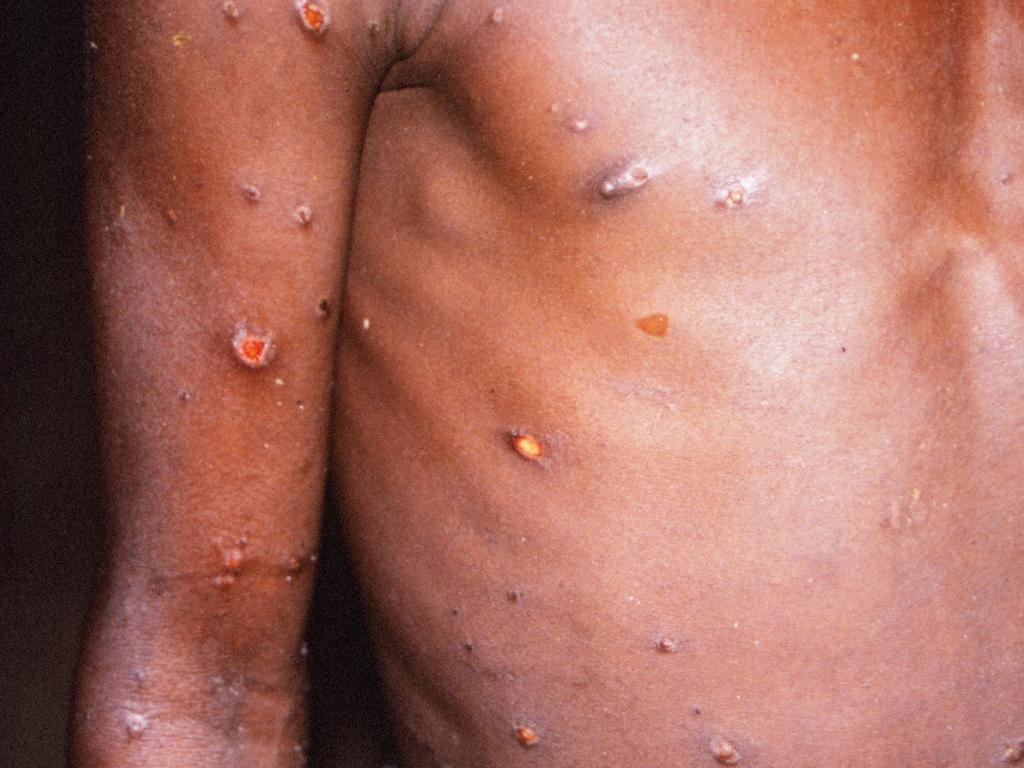
Pandemic fears
Jimmy Whitworth, professor of international public health at the London School of Hygiene and Tropical Medicine, cautioned that monkeypox “isn’t going to cause a nationwide epidemic like Covid did”.
“But it’s a serious outbreak of a serious disease – and we should take it seriously,” he said.
The expectation is this outbreak can be contained by contact tracing, like all previous monkeypox outbreaks, New Scientist reports. The UK is offering vaccines to contacts regarded as being at high risk of infection to help ensure the virus doesn’t continue spreading.
While researchers aren’t completely ruling out a pandemic, they don’t think it is at all likely. “I don’t think the science points to that at this moment,” says Brownstein. “It’s important not to put this on the same level as a novel coronavirus.”
Some researchers have previously warned that monkeypox is a growing threat. “The emergence of monkeypox as a significant human pathogen is indisputably a realistic scenario,” states a 2018 paper.
Most people recover within several weeks and monkeypox has only been fatal in rare cases.
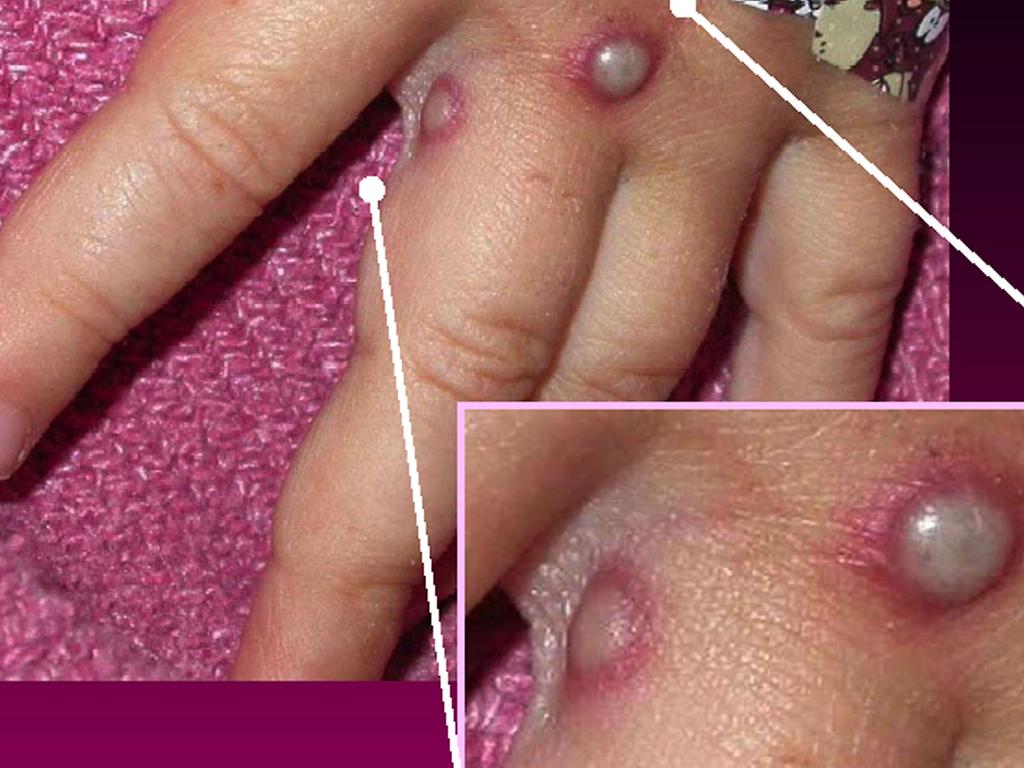
Vaccine hope
Monkeypox is usually transmitted to humans from animals, with symptoms very similar to smallpox but less severe clinically.
According to the CDC, smallpox vaccines are effective at protecting people against monkeypox if administered prior to exposure.
Past data from Africa suggests that the smallpox vaccine is at least 85 per cent effective in preventing monkeypox. Several countries, including the US, have large stockpiles of the smallpox vaccine as part of pandemic preparedness.
In the UK, health workers are already being offered the smallpox vaccine.
The strategy is known as ring vaccination, involves jabbing and monitoring those around an infected person to form a buffer of immune people to limit the spread of a disease.
A spokesman for the UKHSA did not disclose how many have been vaccinated, but said: “Those who have required the vaccine have been offered it.”
Professor Geoffrey Smith, from the University of Cambridge, who advises the World Health Organisation on virus research, said: ‘It is sensible for doctors and nurses who may be treating patients with monkeypox, to be vaccinated against smallpox.
“This outbreak of monkeypox is highly unusual, but it is very likely the precautions being taken will mean it comes to an end quickly.”
Copenhagen-based drugmaker Bavarian Nordic (BAVA.CO) on Thursday said it had secured a contract with an undisclosed European country to supply its smallpox vaccine, Imvanex, in response to the monkeypox outbreak.

Sex link
The WHO has said it was looking closely at the issue and in particular that some of the cases in the UK appeared to have been transmitted within the gay community.
On Monday, the WHO signalled that some of the cases confirmed recently in Britain surfaced among gay men.
With the growing number of detected cases in several European countries, Germany’s health agency Robert Koch Institute has urged people returning from West Africa, and in particular gay men, to see their doctors quickly if they notice any chances on their skin.
NSW chief health officer Dr Kerry Chant also said those at higher risk of contracting the virus should be particularly vigilant.
“We know it’s transmitted by that close skin to skin contact – you can be infectious and that close droplet contact in a very sort of close prolonged way,” Dr Chant said.
“We’re particularly urging men who are gay or bisexual, or men who have sex with men, to be aware of any unusual rashes or lesions and to contact by phone a sexual health clinic or GP without delay if they have any concerns.”
But experts have warned it was too premature to establish a link between gay sex and monkeypox. “Although the current cluster of cases is in men who have sex with men, it is probably too early to make conclusions about the mode of transmission or assume that sexual activity was necessary for transmission, unless we have clear epidemiological data and analysis,” Michael Skinner, a virology specialist from London’s Imperial College, told Science Media centre (SMC) website.
In Africa, monkeypox has been found in many animals including rope squirrels, tree squirrels, Gambian poached rats, dormice as well as different species of monkeys and others.
The World Health Organisation however says human-to-human transmission is limited.
Human monkeypox was first identified in 1970 in Zaire, now the Democratic Republic of Congo, in a nine-year-old boy in a region where smallpox had been eliminated two years earlier.
Since 1970, human cases of monkeypox have been reported in 11 African countries – Benin, Cameroon, Central African Republic, Democratic Republic of Congo, Gabon, Ivory Coast, Liberia, Nigeria, Republic of Congo, Sierra Leone and South Sudan, according to WHO.
In the spring of 2003, cases were also confirmed in the United States – the first time the disease surfaced outside Africa.
